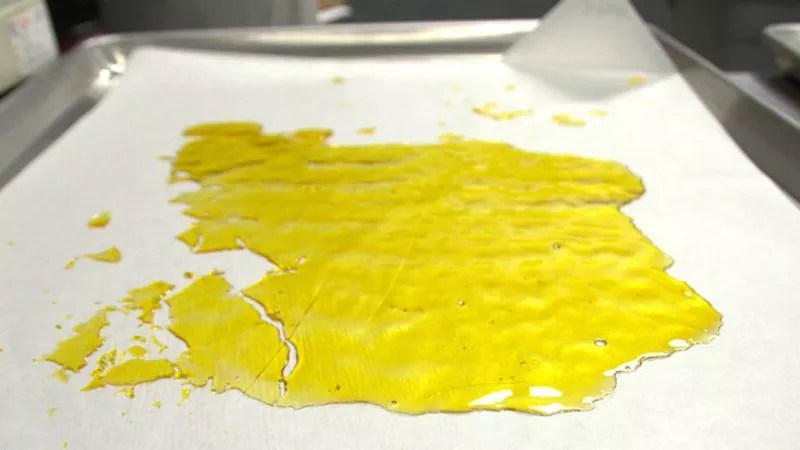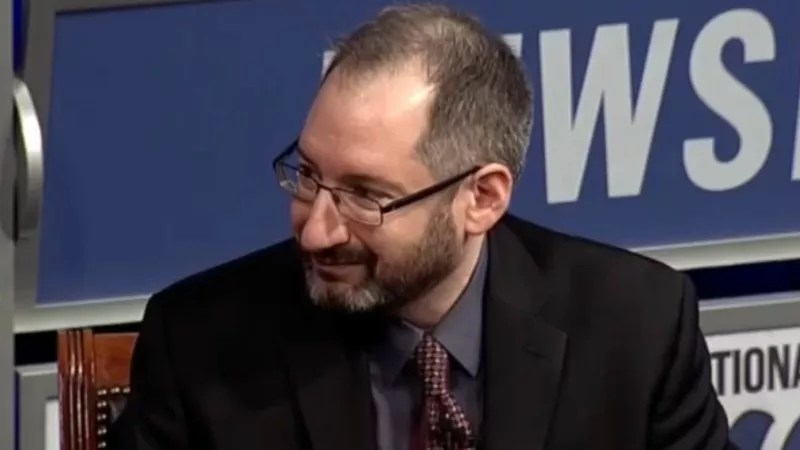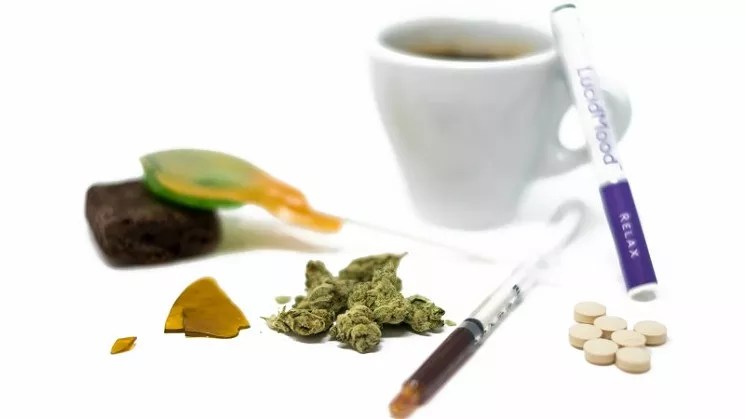
Lindsey Bartlett

Audio By Carbonatix
Neal Levine, a longtime member of the Colorado marijuana industry who’s now the CEO of the national Cannabis Trade Federation, sees the case for THC potency limits on marijuana concentrates recently made in this space as a Trojan horse for gutting the industry.
“When you start talking about potency and it’s not based on science, it sounds like reefer madness, the next generation,” Levine says.
The latest argument for potency limits is being made by Smart Colorado, an organization devoted to keeping cannabis away from children. “Colorado Kids Are Canaries in the Coal Mine of Marijuana Legalization,” a report written by the group’s co-founder, attorney Rachel O’Bryan, cites Marijuana Enforcement Division statistics showing that THC potency for the average marijuana flower sold by Colorado stores went from 16.4 percent in 2014 to 19.6 percent in 2017, an increase of nearly 20 percent. And for marijuana concentrates, which tend to be stronger, THC potency took a 21 percent jump during the same span – from 56.6 percent circa 2014 to 68.6 percent three years later.
These figures are a far cry from an average marijuana potency rate of 3.8 percent calculated by the National Institute on Drug Abuse circa the 1990s, as is emphasized by the name of a new Smart Colorado spin-off website: NotTheSamePot.org.
In Levine’s view, this information needs to be viewed in the context of recent history, including the 2016 campaign on behalf of Amendment 139, which would have limited the potency of marijuana products to 16 percent. Back then, Levine was head of government affairs for Livwell, and he helped lead a coalition of marijuana industry interests and entities that prevented the measure from making the ballot.

Neal Levine during an appearance at the National Cannabis Policy Summit in Washington, D.C., circa April 2018.
Plenty of material in the proposal seemed reasonable, Levine concedes, because the authors of the amendment “essentially cut-and-pasted in existing regulations about child safety, child-resistant packaging, limits of 10 milligrams per serving for edibles – and then, in the last sentence, they mentioned a potency cap. But capping THC content at 16 percent would have made 86 percent of everything on the shelves illegal, if it had passed. So it was nothing more than a backdoor to undoing Amendment 64,” the 2012 measure that legalized limited retail marijuana sales in Colorado, “which was very popular – and it’s even more popular now.”
The industry’s acceptance of 10 milligram limits on edibles isn’t really comparable to the call for broader potency limits, Levine believes. “They’re much different. When you consume an edible, you have to wait up to two hours to know how it’s affecting you. But when you’re ingesting THC oil orally, you’re titrating your dose. In other words, when you’re ingesting through a vape pen or a concentrate or a flower, you’re continuously measuring and balancing your dose, and once you feel the desired effect, you stop consuming. But when you eat an edible, it’s in your system and you ate what you ate. So having some regulation on edibles makes it easier to meter the dose.”
Of course, some concentrates boast THC in the 90 percent range, and that alarms Smart Colorado’s O’Bryan. But outlawing such products would cause much greater negative repercussions, Levine maintains.
“Let’s say we arbitrarily pass a limit that prevents someone from creating a concentrate that’s 90 percent THC,” he says. “Now you’re telling a manufacturer that they have to take something that’s medically pure and dilute it with something. If you’re a patient, medication in a concentrated form is usually the most cost-effective way of getting what you need – and we know that not all patients are signed up on the medical side. A lot of veterans don’t sign up because they don’t want to be on the state registry, but they use concentrates medically. So limits would have a real-world bad impact on patients, the industry and consumers.”

According to Smart Colorado, the items in this photo include 22 percent THC bud, a THC-infused brownie, 73 percent THC shatter, a THC-infused lollipop, a 74 percent THC hash oil syringe, THC-infused breath mints, THC-infused coffee and an e-cigarette with THC.
thcphotos.org via Flickr
Moreover, Levine thinks that if concentrates with more than 16 percent THC are prohibited, “the criminal market is going to provide them – which is why, in state law, we want as much under the umbrella of regulation as possible. If it’s a popular consumer product in an industry that is still federally illegal and coming out of the dark, banning products people want and taking them out of the regulatory system undermines the entire industry.”
The history of liquor prohibition is instructive, Levine feels. “Concentrated forms of alcohol are regulated differently, but they’re not banned, even though you can die if you drink too much alcohol. If you ingest too much cannabis, you can’t. No one has ever died from a THC or cannabis overdose in all of recorded medical history.”
As such, Levine contends that potency limits are a throwback to the horrific predictions of societal meltdown anti-marijuana types floated prior to the vote on Amendment 64. “They were saying that youth-use rates were going to skyrocket, but it hasn’t happened. And the reason it hasn’t happened is that regulation works better than prohibition. The one thing we can agree on is that cannabis isn’t going to be wiped off the face of the earth tomorrow or in a year. It’s going to exist on this planet, and if it exists, somebody is going to sell it. At that point, your choice is binary: Do you want it to be sold by criminal enterprises where you don’t know who they are and they don’t care who they sell it to? Or do you want it to be a regulated industry with multiple identification checks before you can purchase any product and cameras on every square inch of the retail spaces, and you know who we’re selling to and where they’re located and what’s in the product?”
Levine stresses that the cannabis industry is willing to work with groups such as Smart Colorado when it comes to keeping marijuana away from kids and making it clear that people shouldn’t consume and drive. But he sees THC potency “as a straw-man argument. It’s a solution in search of a problem.”